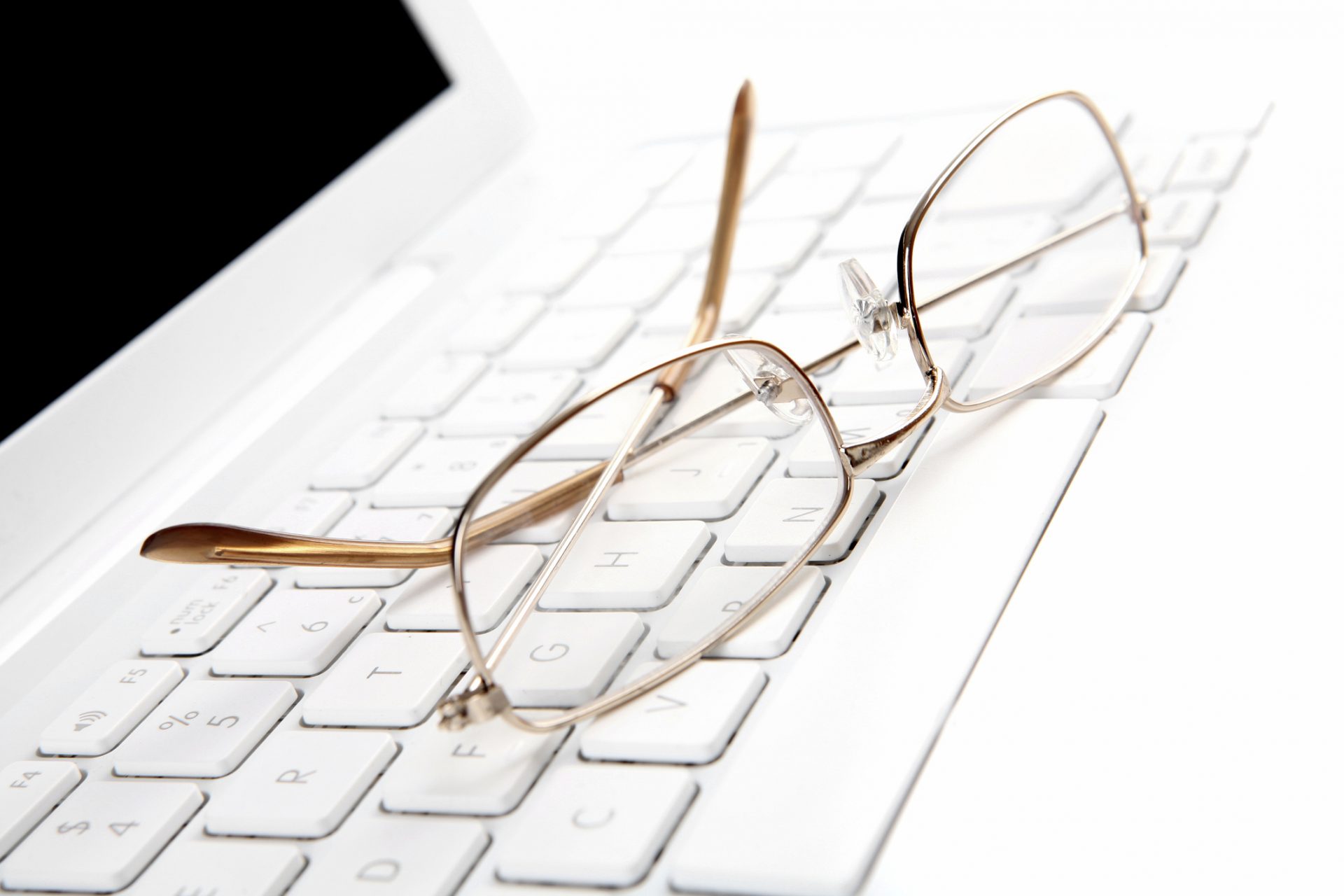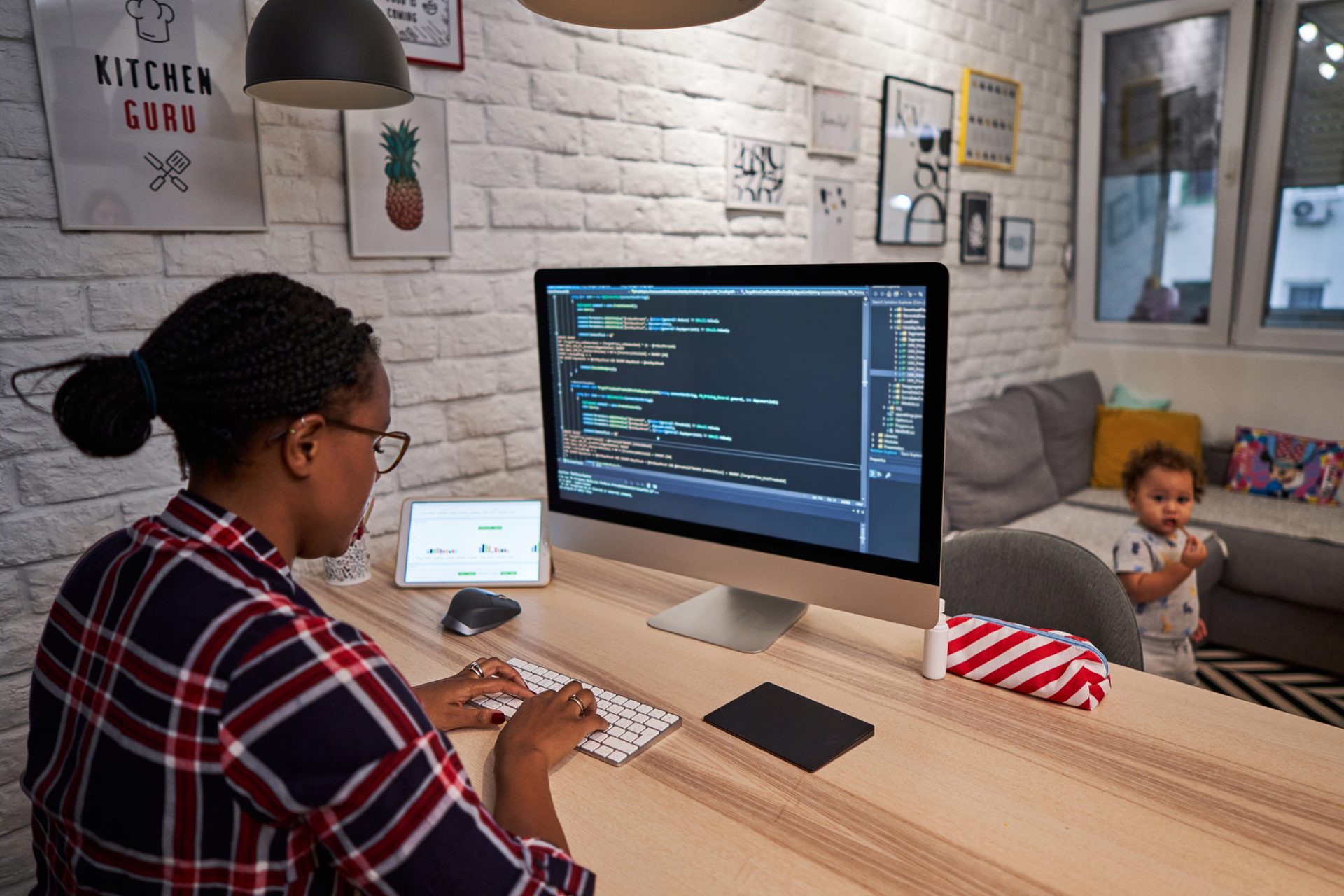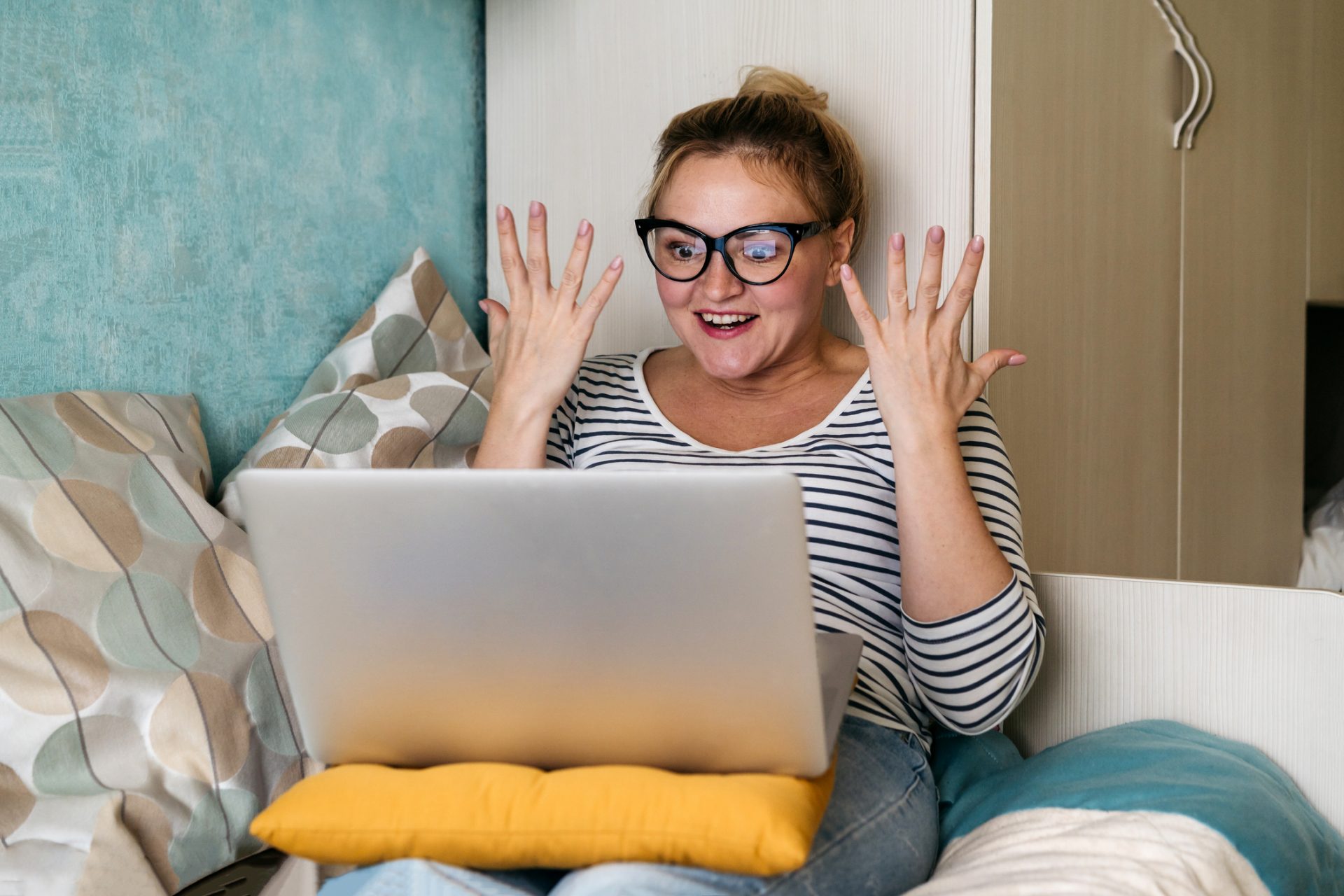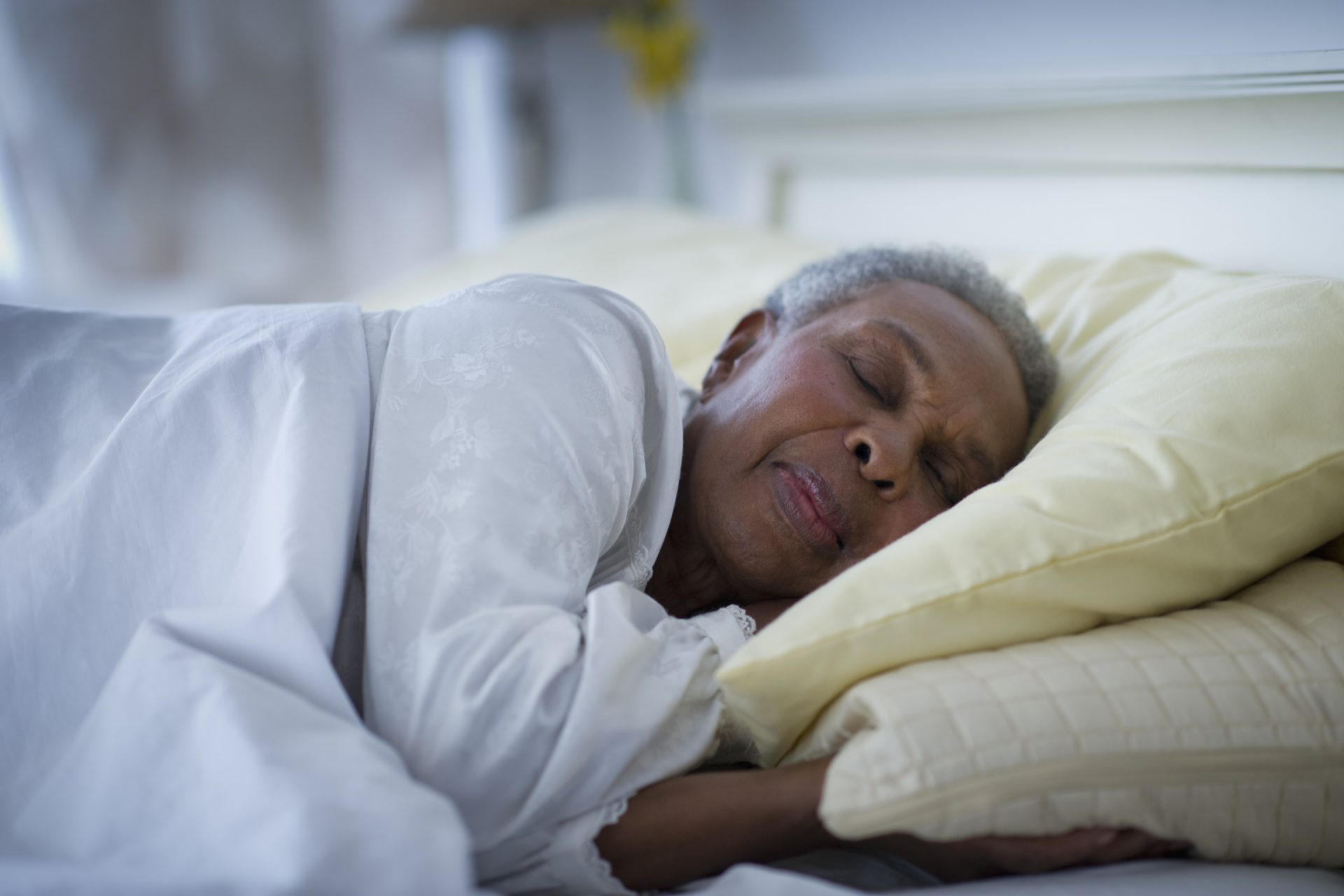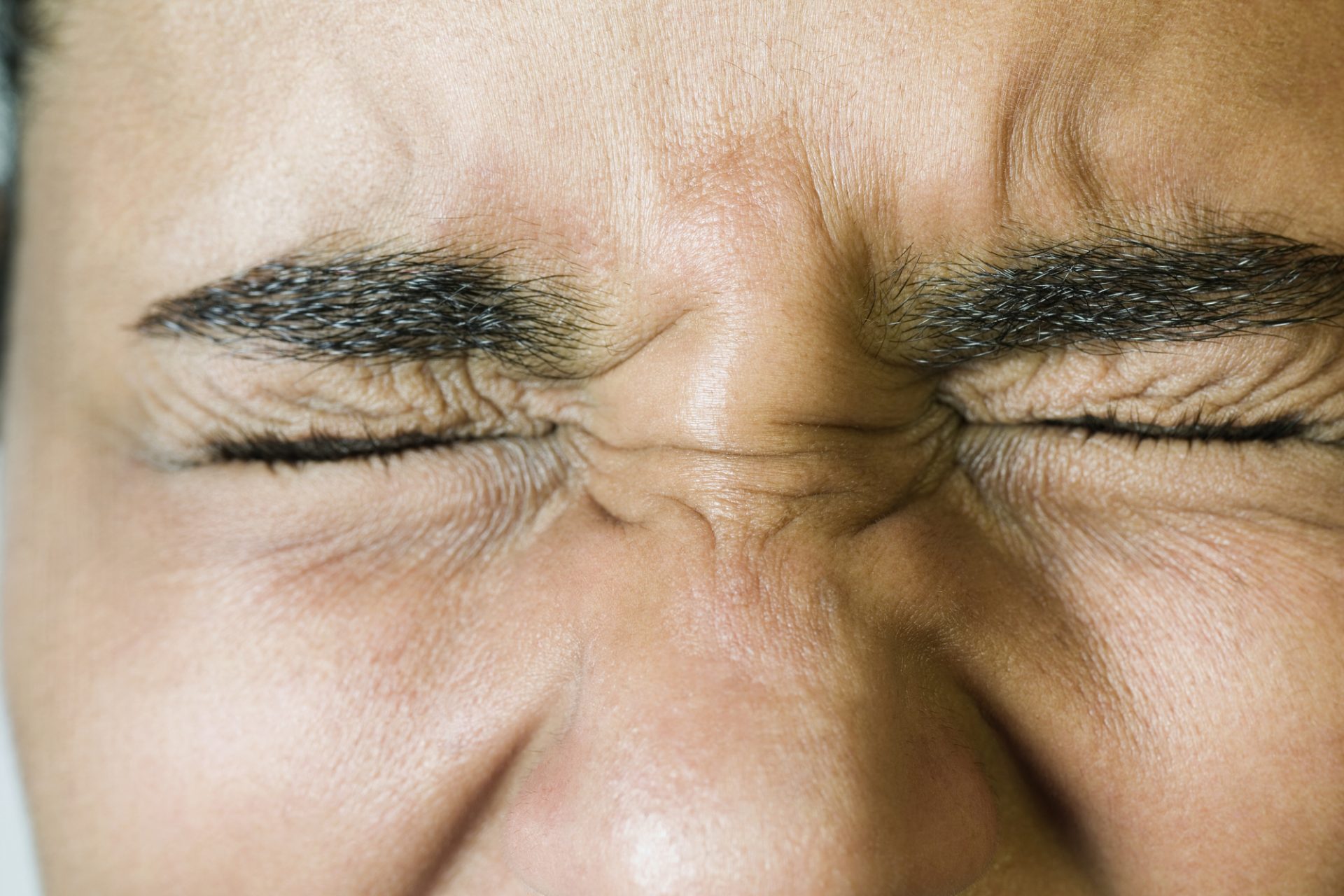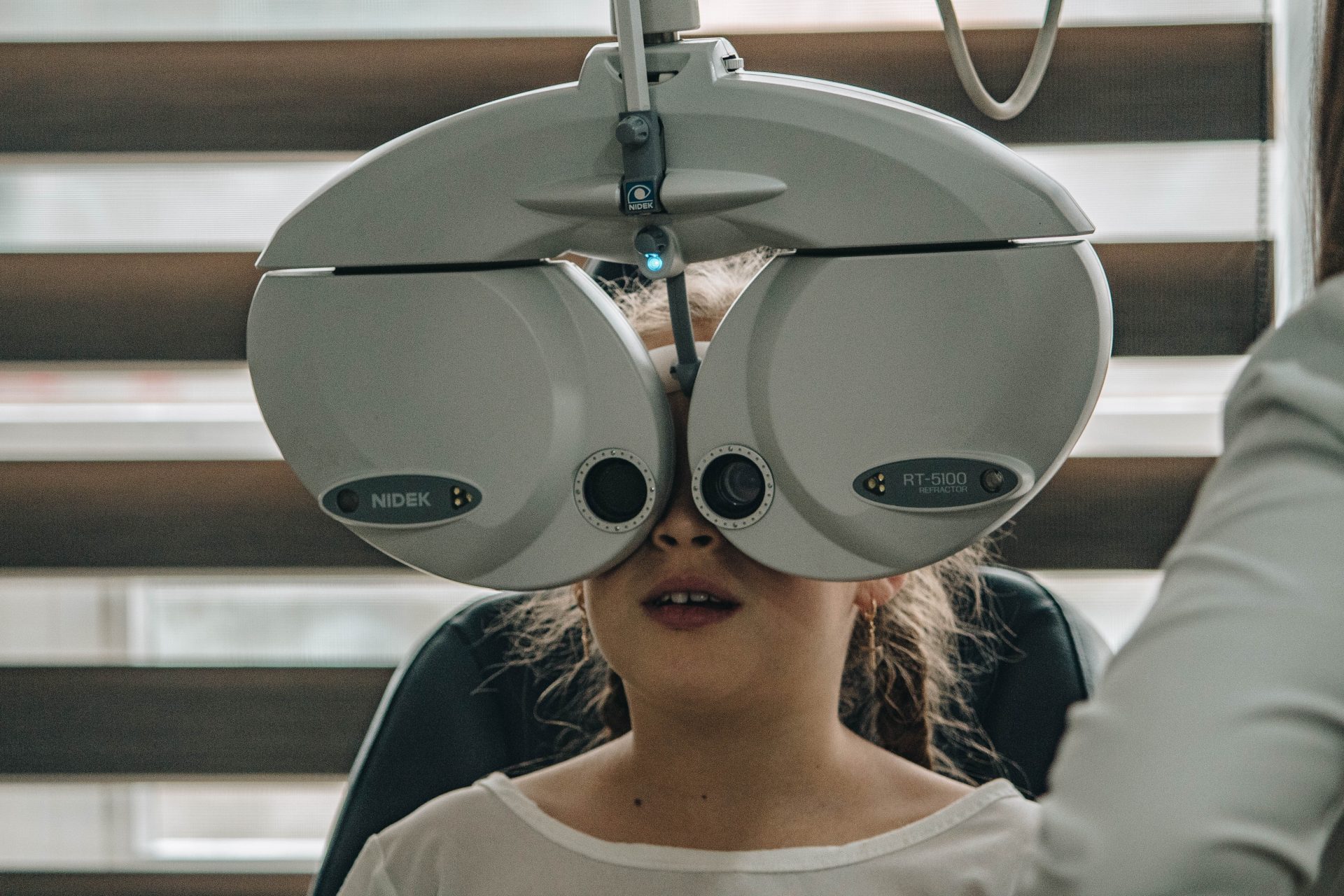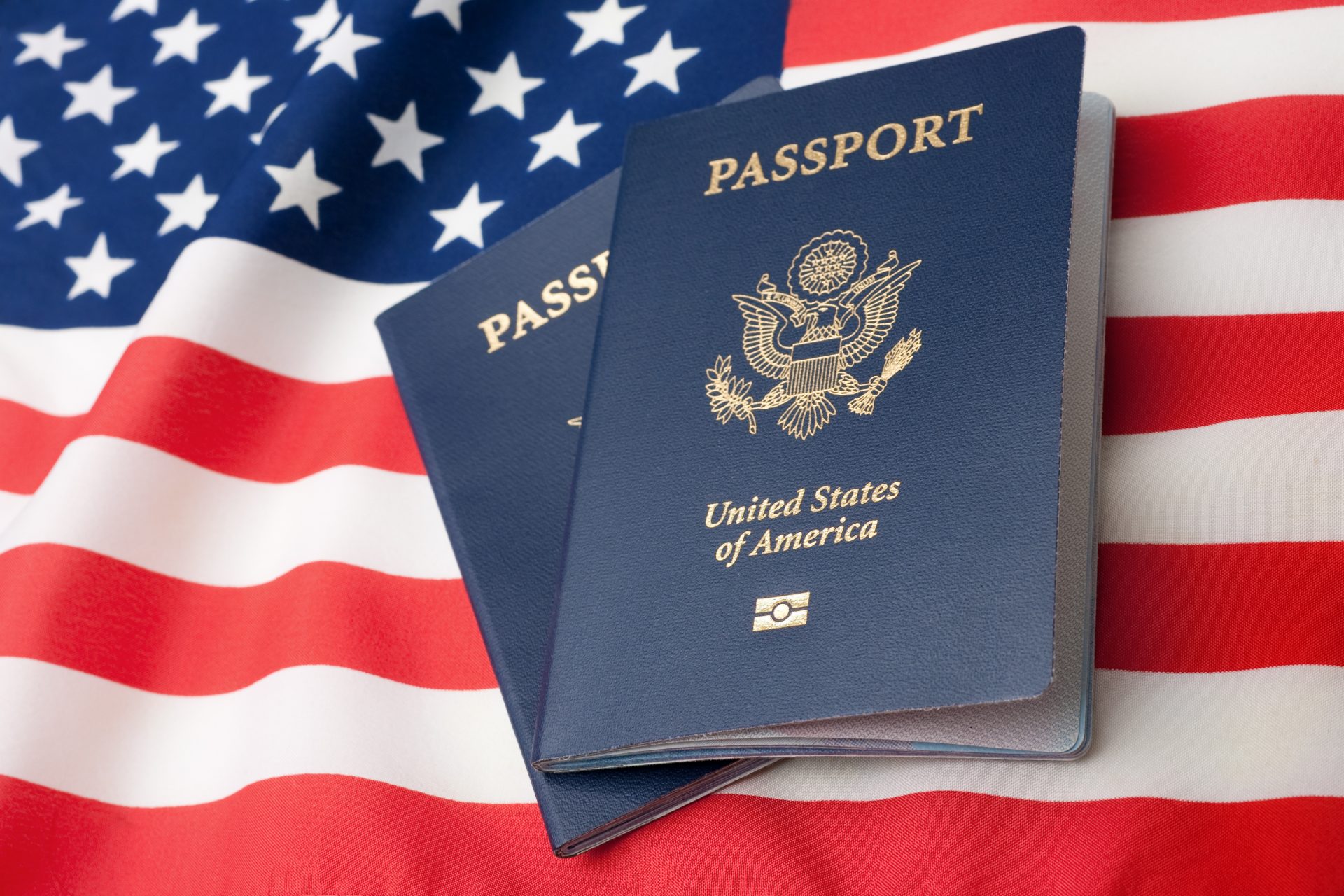Blue light glasses don’t help eye strain at all study reveals
Blue light glasses have become extremely popular as a means to protect oneself from the sleep-robbing rays of electronic devices but new research says they may not really work as well as scientists previously thought CBS News reported.
If you don’t know what blue light-blocking glasses are then you must have been living under a rock during the global pandemic. It was during this time that these seemingly wonderful inventions took center stage in the popular consciousness.
The majority of the world’s workforce was working from their computers at home and it was blue-light-blocking glasses that were touted as the devices that would save people from eye strain and help them sleep better at night, one 2021 study noted.
However, that study also said that it was the makers of blue light-blocking glasses who were making claims that the blue light emitted from computers and mobile phones was affecting human eye health though there was little proof to back up the claims.
Luckily, an enterprising group of researchers have taken the time to go through the most recent data on the subject and have drawn several conclusions about just how effective blue light-blocking glasses are at helping alleviate eye strain and improving sleep.
Researchers from the University of Melbourne looked at data from seventeen different randomized controlled studies of the best evidence currently available and found that blue light-blocking glasses do not help with eye strain nor do they improve sleep quality.
The new meta-analysis was published in the journal Cochrane Database of Systematic Reviews and senior author Laura Downie was clear that there was little advantage to a pair of blue light-blocking glasses.
Downie explained in a news release on her research that she found "there may be no short-term advantages with using blue-light filtering spectacle lenses to reduce visual fatigue associated with computer use, compared to non-blue-light filtering lenses."
"It is also currently unclear whether these lenses affect vision quality or sleep-related outcomes, and no conclusions could be drawn about any potential effects on retinal health in the longer term," Downie added.
Downie noted that the general public needed to be aware of her findings, especially for those who were planning to buy a pair of blue light-blocking glasses, explaining that there are a number of marketing claims made about the glasses that don’t hold true.
Analysis from Downie and her fellow researchers showed evidence to support the claim that blue light-blocking glasses can protect someone from eye strain and improve sleep are inconclusive at best and uncertain at worst.
“Our findings do not support the prescription of blue-light filtering lenses to the general population. These results are relevant to a broad range of stakeholders, including eye care professionals, patients, researchers, and the broader community.” Downie added.
Downie and her team aren’t the only ones who were skeptical of the powers granted to blue light-blocking glasses. Rahul Khurana, a spokesperson for the American Academy of Ophthalmology told The Washington Post there was no evidence they were helpful.
“There’s really been no evidence that blue light-blocking glasses have any health benefits or even ocular benefits when it comes to eyes,” Khurana explained, so maybe you should avoid purchasing the glasses if you were only doing so for their ‘benefits.’
Khurana told The Washington Post that eye strain results from how using a computer or phone changes our concentration. Humans normally blink 15 times a minute but when working on screens that reflex can go down to 5-7 times a minute, leading to eyestrain.
Kevin M. Milner is a Professor of Clinical Ophthalmology at the University of California and he told The Washington Post that the findings were to be expected, adding “When the optical shop tries to talk you into the blue blocker, just say, ‘I don’t think so’.”
Photo Credit: Unsplash by nrd
More for you
Top Stories



